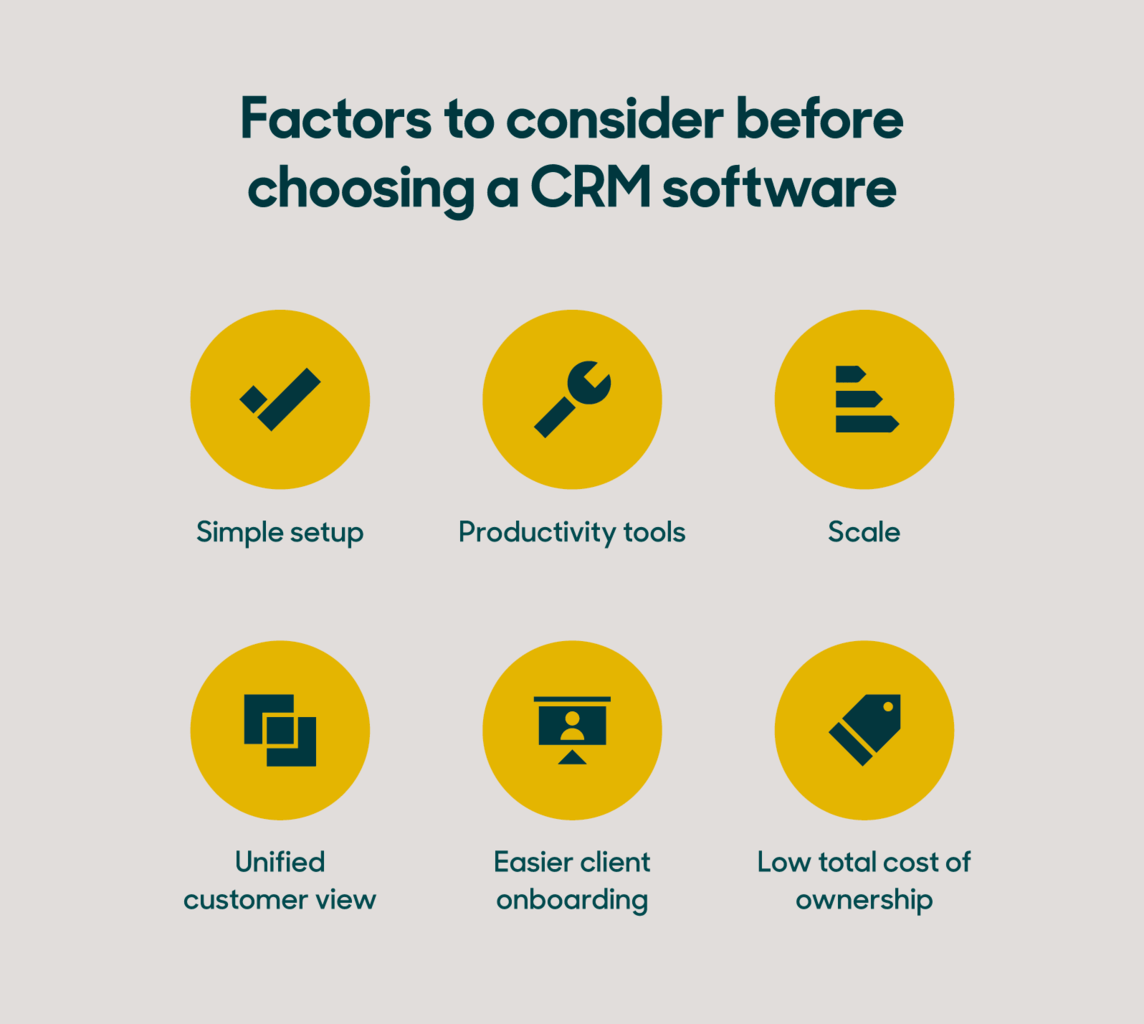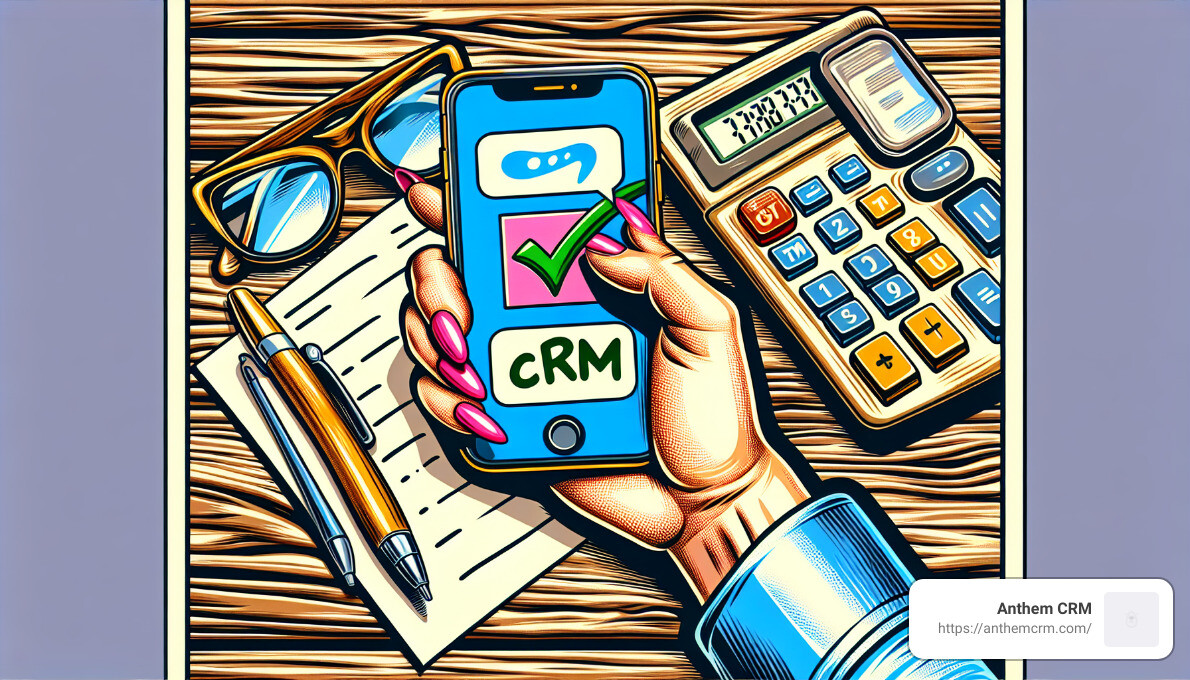Delving into the best CRM for bookkeepers, this introduction immerses readers in a unique and compelling narrative. It explores how essential features, customization options, integration capabilities, and user-friendly interfaces play a crucial role in optimizing bookkeeping processes.
Features of CRM for Bookkeepers

Customer Relationship Management (CRM) systems offer a range of features that are essential for bookkeepers to effectively manage their clients, invoices, and financial data. These features not only streamline bookkeeping tasks but also improve overall efficiency and accuracy in financial management.
List and describe essential features for bookkeepers in a CRM:
- Client Management: Keep track of client information, communication history, and billing details in one centralized location.
- Invoicing Tools: Generate, send, and track invoices seamlessly to ensure timely payments and accurate financial records.
- Financial Reporting: Access detailed financial reports, income statements, and balance sheets to analyze the financial health of your clients’ businesses.
- Integration with Accounting Software: Sync CRM data with accounting software like QuickBooks or Xero for seamless data transfer and financial reconciliation.
Customization Options
Customization plays a crucial role in tailoring a CRM system to meet the specific needs of bookkeepers. By having customizable features, bookkeepers can optimize their workflows, data organization, and reporting capabilities to align with their unique business requirements.
Discuss the importance of customization for bookkeepers in a CRM:
- Custom Fields: Create custom fields to capture unique client information or specific data points relevant to your bookkeeping processes.
- Workflow Automation: Customize workflows to automate repetitive tasks, reminders, and notifications, saving time and reducing manual errors.
- Personalized Dashboards: Configure dashboards to display key metrics, reports, and client data that are most relevant to your bookkeeping operations.
Integration Capabilities
Seamless integration with other tools is crucial for bookkeepers to enhance productivity and streamline their workflows. Integration capabilities allow bookkeepers to connect their CRM with accounting software, email platforms, and other essential tools to ensure data consistency and efficient data management.
Detail the significance of seamless integration with other tools for bookkeepers:, Best crm for bookkeepers

- Email Integration: Sync CRM contacts with email platforms to track client communication and ensure timely responses.
- Accounting Software Integration: Integrate CRM data with accounting software to streamline financial reporting and reconciliation processes.
- Third-Party App Integration: Connect CRM with third-party apps for project management, time tracking, or document storage to centralize data and improve collaboration.
User-Friendly Interface

A user-friendly interface is essential for bookkeepers to navigate the CRM system efficiently and perform tasks with ease. Intuitive interfaces enhance user experience, increase productivity, and reduce the learning curve for bookkeepers, allowing them to focus on core bookkeeping activities.
Describe the impact of a user-friendly interface on bookkeeping operations:
- Simple Navigation: Easy-to-use menus, search functions, and dashboards help bookkeepers locate information quickly and perform tasks efficiently.
- Drag-and-Drop Functionality: Intuitive features like drag-and-drop tools for invoices, files, or client records simplify data entry and organization.
- Clean Design: Clean and organized layouts with clear labels and intuitive icons improve user engagement and overall satisfaction with the CRM platform.
Conclusive Thoughts: Best Crm For Bookkeepers
In conclusion, the best CRM for bookkeepers is a vital tool that can revolutionize bookkeeping operations. By incorporating key features, customization options, seamless integration capabilities, and user-friendly interfaces, bookkeepers can enhance efficiency and productivity in their workflows.
General Inquiries
How can CRM features streamline bookkeeping tasks?
CRM features like automated data entry, invoice tracking, and client communication tools can significantly streamline bookkeeping tasks by reducing manual efforts and improving accuracy.
Why is customization important for bookkeepers in a CRM?
Customization allows bookkeepers to tailor the CRM to their specific needs, such as creating custom fields for client information or setting up personalized reporting templates.
What are common integrations preferred by bookkeepers in a CRM?
Bookkeepers commonly prefer integrations with accounting software like QuickBooks, Xero, or FreshBooks to synchronize financial data seamlessly.
How does a user-friendly interface impact bookkeeping operations?
A user-friendly interface simplifies navigation and task completion, making it easier for bookkeepers to access information, input data, and generate reports efficiently.
